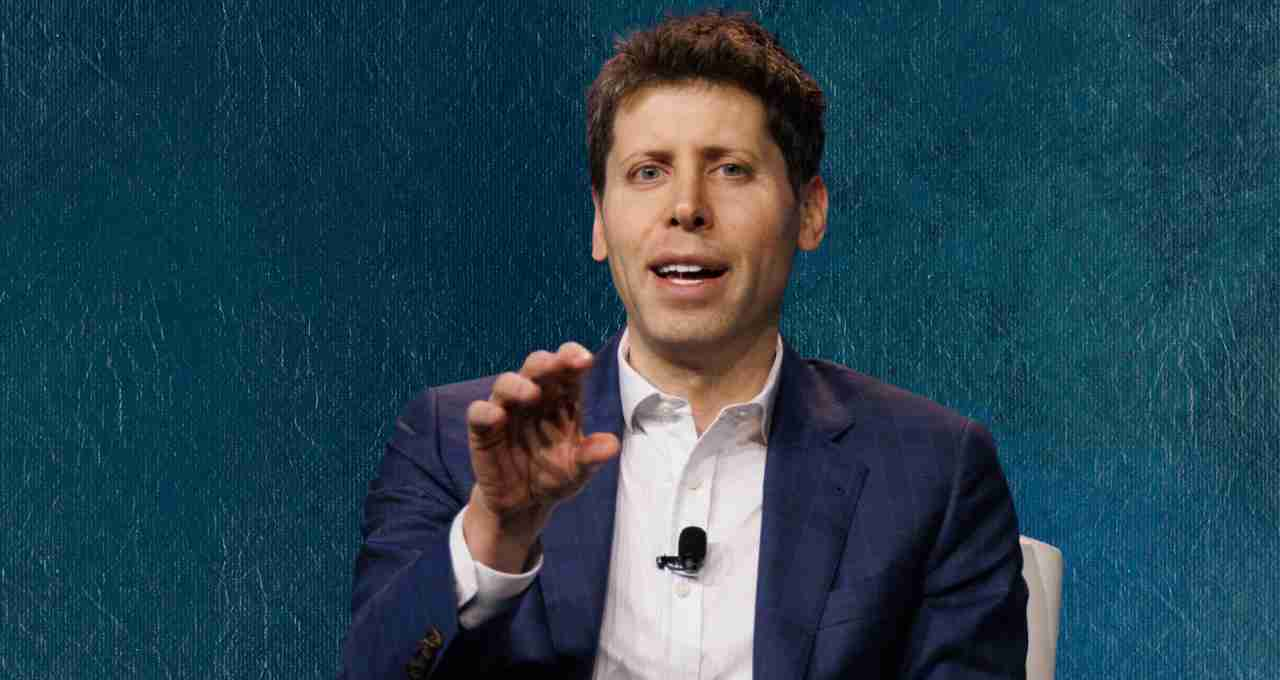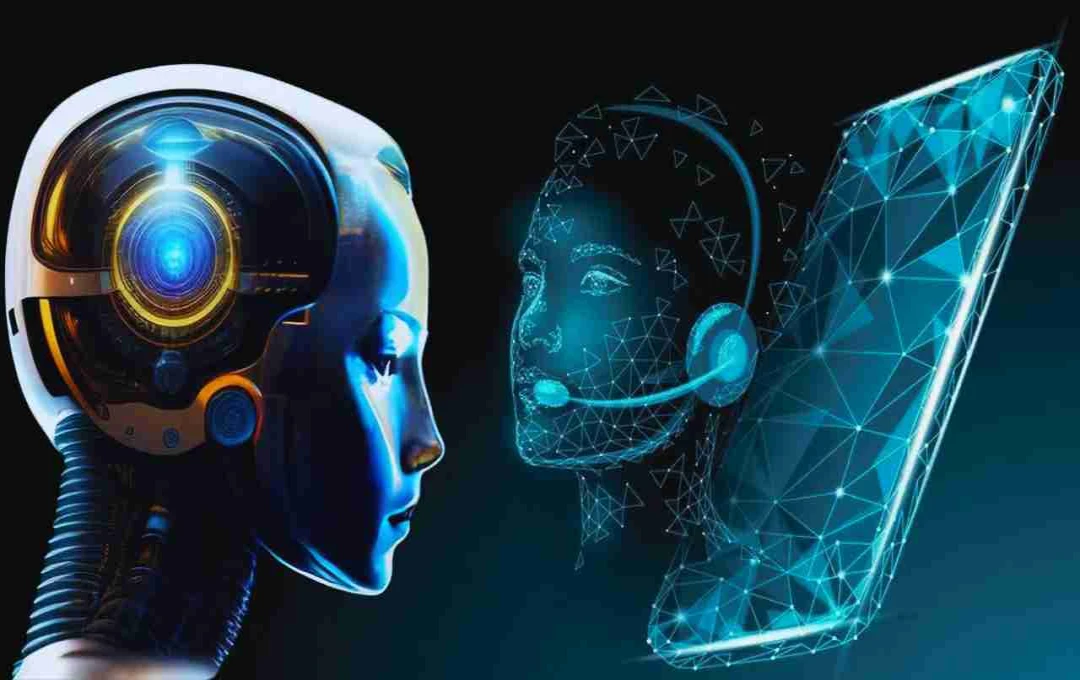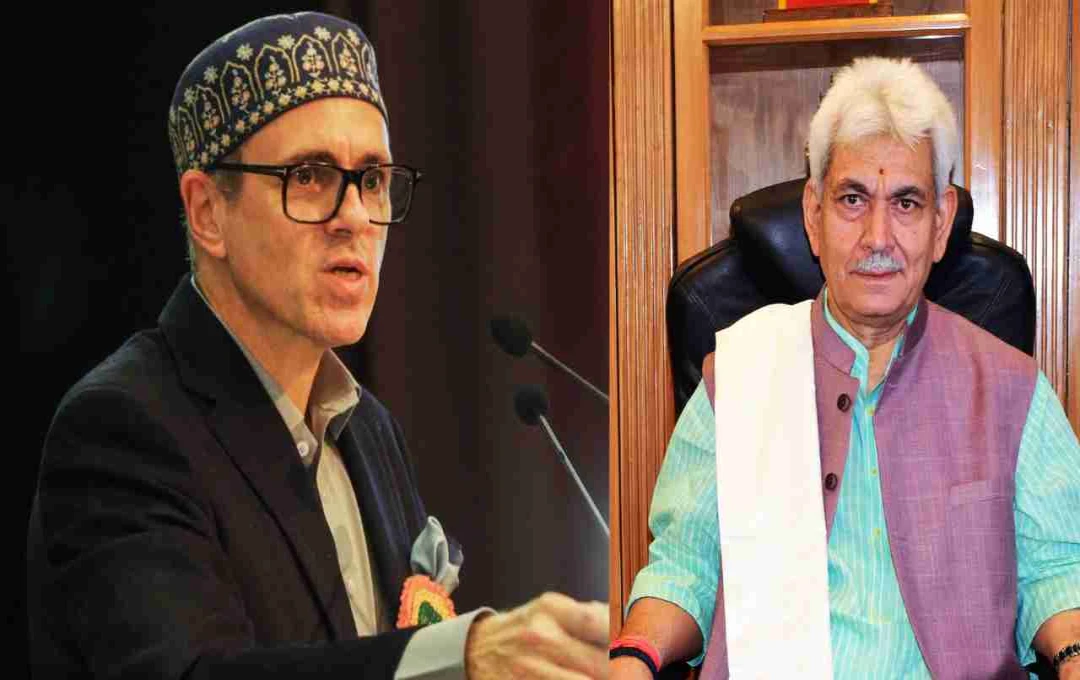OpenAI CEO Sam Altman has warned that AI voice cloning has become so realistic that banking security is at risk. He stated that voiceprinting is insecure, adding that AI makes identity authentication fraud possible. The banking sector needs a new technological identification system, or significant financial risks may arise.
AI Voice Calling Fraud: As quickly as AI technology is making our lives easier, its dangers are also increasing at the same rate. This is especially true when it comes to Artificial Intelligence (AI). Now, AI can not only steal our data but also mimic our voice to carry out incidents like banking fraud. This is why OpenAI CEO Sam Altman has expressed deep concern about this.
AI Voice Cloning: How is a new fraud technology being created?
AI has now become so advanced that it can create a duplicate version of your entire voice from just a few seconds of voice recording. Using this virtual voice, bank calls, OTP verification, and voice command-based transactions can be bypassed. This technology is now not only within the reach of cybercriminals but is also directly attacking ordinary people.
Sam Altman's warning: Voiceprinting is no longer safe

Speaking at a Federal Reserve conference in Washington, Sam Altman openly stated that, 'Some banks are still using voiceprints for authentication, while AI has rendered this technology almost useless. This is a serious threat.' He also added that along with voice cloning, video cloning has also become so realistic that it is becoming extremely difficult to differentiate between real and fake.
Stir in the Banking Sector: Which Technology Could Be Safe?
Following Altman's warning, banks and financial institutions around the world are reconsidering their security strategies. According to experts, there is now a need for banks to adopt options such as Multi-Factor Authentication (MFA), Biometric Scanning, Face ID, and Behavioral Authentication.
The New Face of Fraud: When Your AI-Generated Doppelganger Speaks on the Call
In several cases of AI voice fraud, it has been found that criminals take someone's name, exactly mimic their voice, and talk to their family or bank manager. In this, they succeed in obtaining OTP or other sensitive information. This technology can prove to be extremely dangerous, especially for the elderly, those with low technical understanding, and those living alone.
What do the institutions say? Federal Reserve also concerned
Federal Reserve Vice Chair Michelle Bowman said that, 'This is a subject on which we have to work together. Protecting digital identity has now become not only a technical responsibility but a collective challenge.' Many banks around the world, including India, have implemented voiceprint authentication, but now after this AI threat, it has become necessary to re-design these processes.
Warning for Users: How to Keep Yourself Safe?

If you also use voice calls, voice OTP, or biometric call recognition, then be careful. Experts are giving some essential suggestions:
- Use multi-layer security
- Do not give OTP/personal details to anyone
- Do not give sensitive information on unknown calls
- Share fewer videos of your voice on social media
- Take security advice from the bank from time to time
Future Challenge: When Identity Itself Becomes a Deception
AI voice cloning is just the beginning. In the coming years, AI may also give rise to dangers such as facial cloning, virtual reality fraud, and deepfake videos. In such a situation, not only technology but also social awareness and digital education will be needed.















